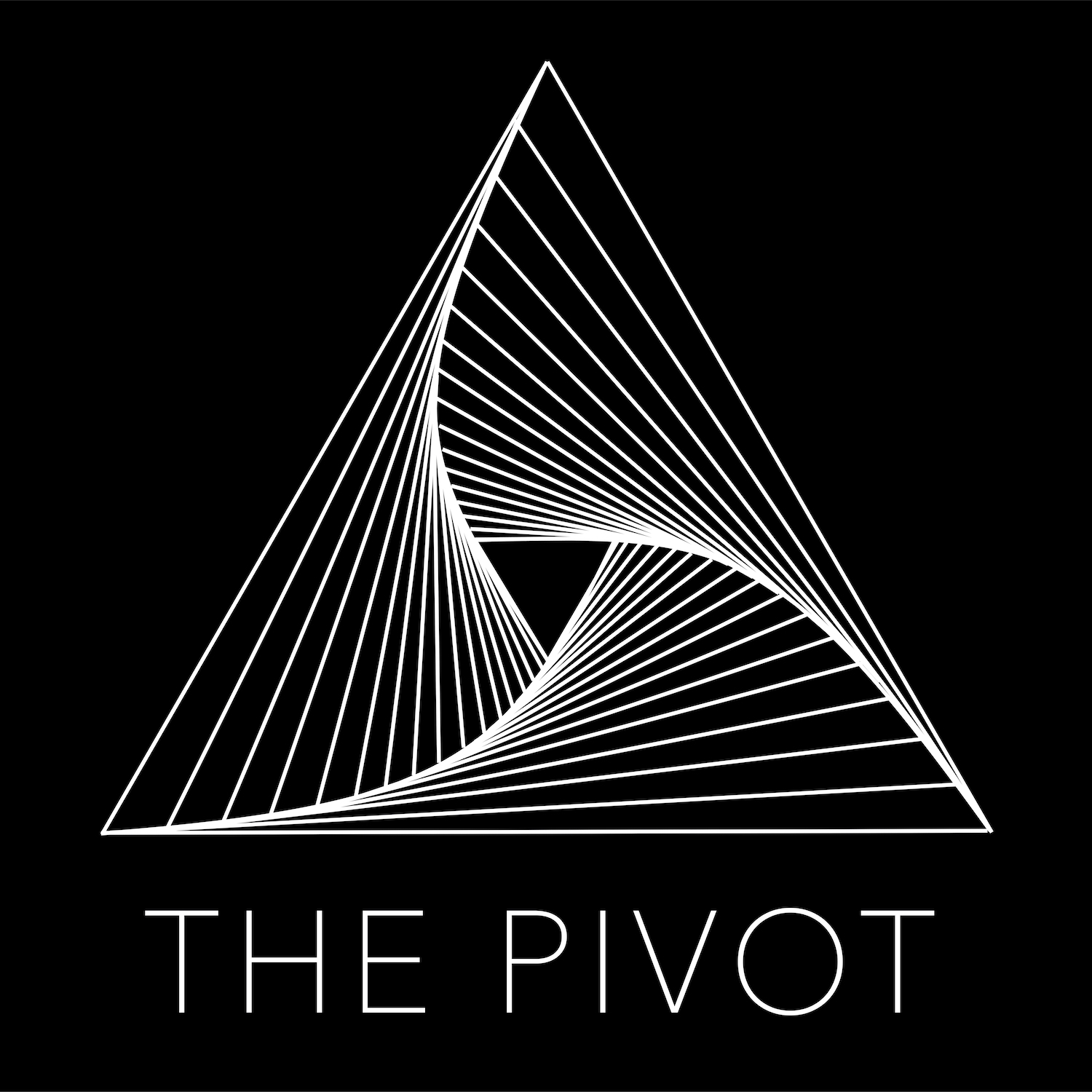The PIVOT: Beyond the Map into the Territory with Dave Schoof

The PIVOT: Beyond the Map into the Territory with Dave Schoof
Podcast Description
The PIVOT is a shift in our lives that allows us to be less bound to our past experiences, habits, and ways of figuring the world out. We still carry with us our wisdom, skills, and sense of ourselves, but we also make room for new ways of seeing, doing, navigating, and checking. This show will explore how to thrive while navigating with cutting-edge thinkers, practitioners, and pioneers.
Podcast Insights
Content Themes
The show centers around themes of personal transformation, uncertainty, and the art of surrender, with episodes like 'Pivoting into Possibility' featuring discussions on embracing the unknown and exploring emerging possibilities.

The PIVOT is a shift in our lives that allows us to be less bound to our past experiences, habits, and ways of figuring the world out. We still carry with us our wisdom, skills, and sense of ourselves, but we also make room for new ways of seeing, doing, navigating, and checking. This show will explore how to thrive while navigating with cutting-edge thinkers, practitioners, and pioneers.
What if your strongest strategic signal feels like your weakest hunch?
In this rich conversation, Dave Schoof sits down with Maurice Jenkins—host of The Intuitive Leader™ Podcast and an expert in psychological safety and high-performing teams—to explore the vital yet often overlooked role of intuition in leadership.
Chapters/Timestamps:
00:00 – Introduction
03:00 – Maurice’s origin story with intuition
10:00 – The four types of intuition explained
35:00 – Neuroscience of intuition
45:00 – Psychological safety and team dynamics
55:00 – Morning ritual for intuitive mind
65:00 – Real-world applications and challenges
75:00 – Closing reflections and how to connect
Guest Bio:
Maurice Jenkins is a two-time nominated Speaker on Trust, Psychological Safety,y and High-Performing Leaders and Teams. He hosts The Intuitive Leader™ Podcas, where top global scientists, CEO,s and entrepreneurs share their best practices on how intuitive leadership boosts high performance.
Maurice’s journey from high-performing sales strategist to leadership coach gives his work both depth and credibility. Backed by years of research, 50+ deep interviews and 22+ years of real-world experience, his evidence-based approach builds self-awareness and helps leaders stay calm and strategic during uncertainty.
His programs help leaders effectively read the room, create high-trust teams, and develop strategic decision-making. Maurice runs signature programs in High-Trust & High-Performance and leads a by-invitation-only Intuitive Business Network (IBN).
Born in the Netherlands, Maurice currently lives with his family in Sweden.
Connect with Maurice:
Website: https://www.intuitiveleader.net/masterclass
LinkedIn: https://www.linkedin.com/in/mauricejenkens/
Podcast: https://www.intuitiveleader.net/podcast
For More on the Pivot: https://www.daveschoof.com/
Music by Phil Schoof

Disclaimer
This podcast’s information is provided for general reference and was obtained from publicly accessible sources. The Podcast Collaborative neither produces nor verifies the content, accuracy, or suitability of this podcast. Views and opinions belong solely to the podcast creators and guests.
For a complete disclaimer, please see our Full Disclaimer on the archive page. The Podcast Collaborative bears no responsibility for the podcast’s themes, language, or overall content. Listener discretion is advised. Read our Terms of Use and Privacy Policy for more details.